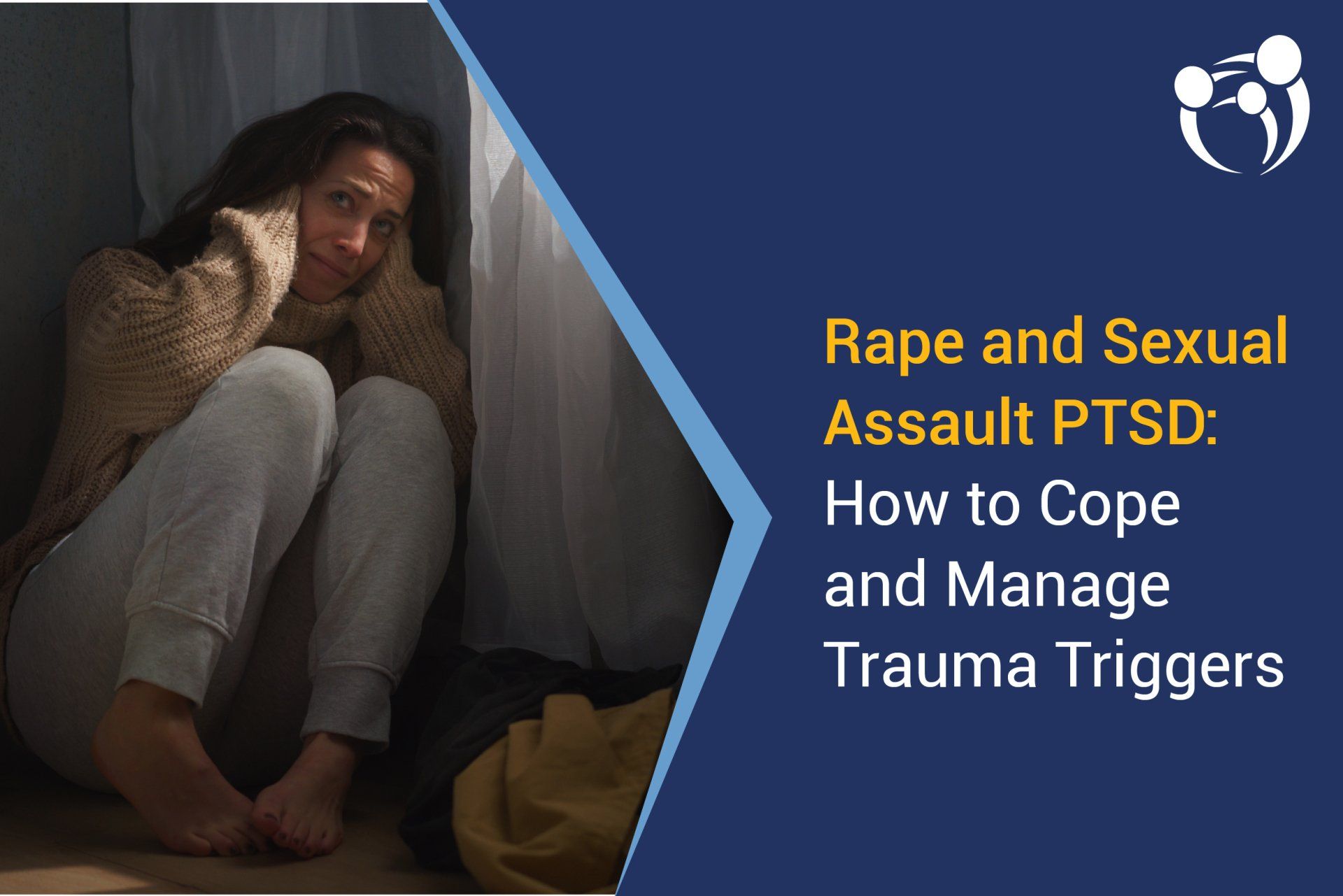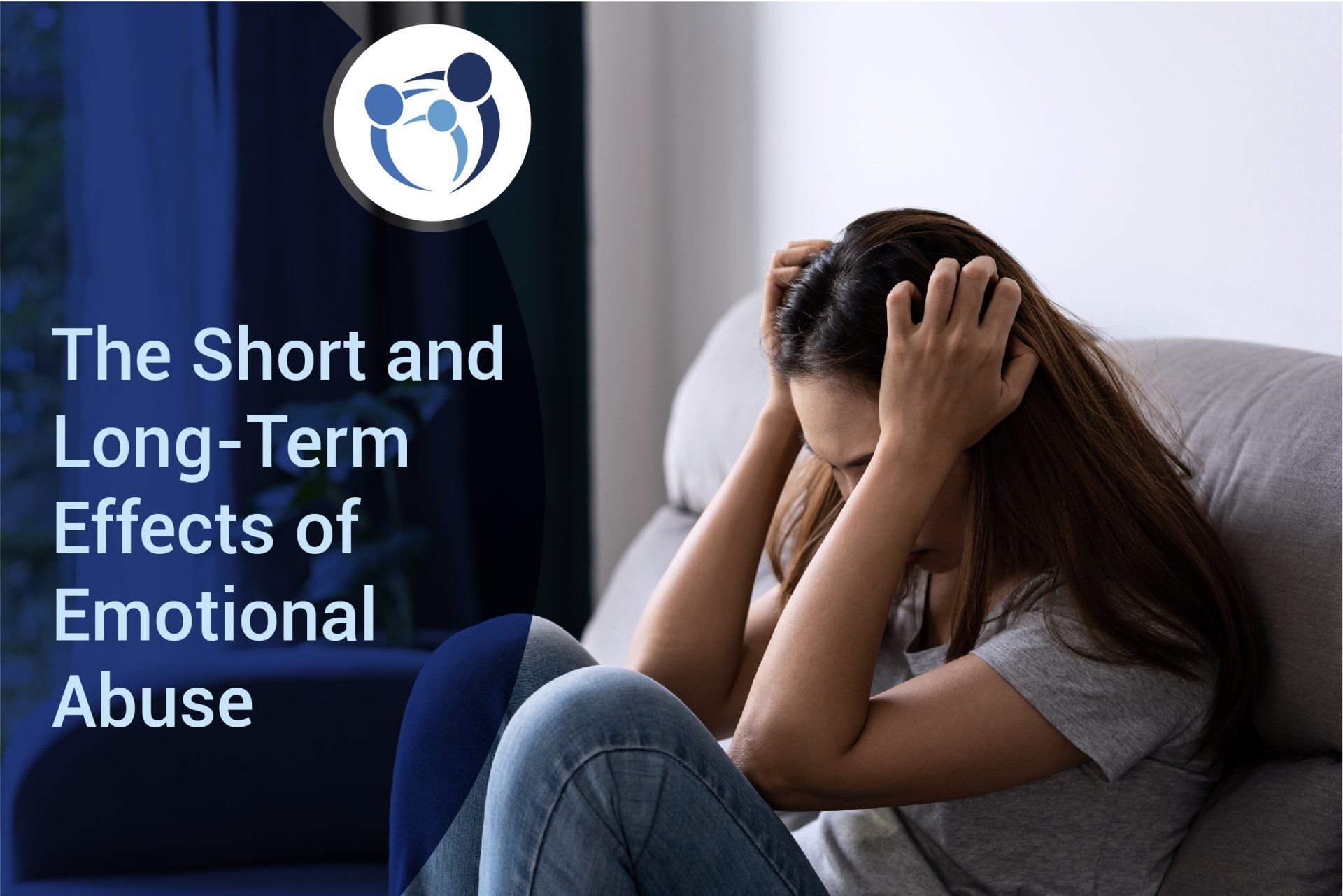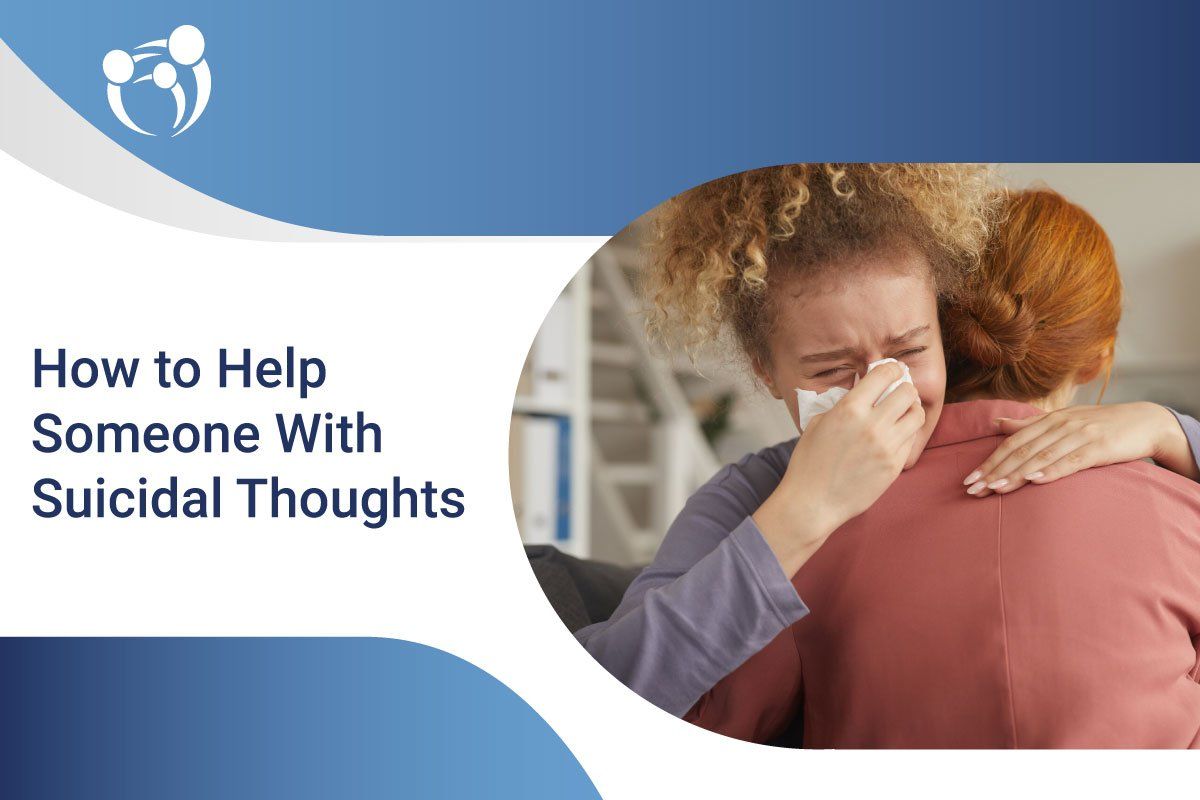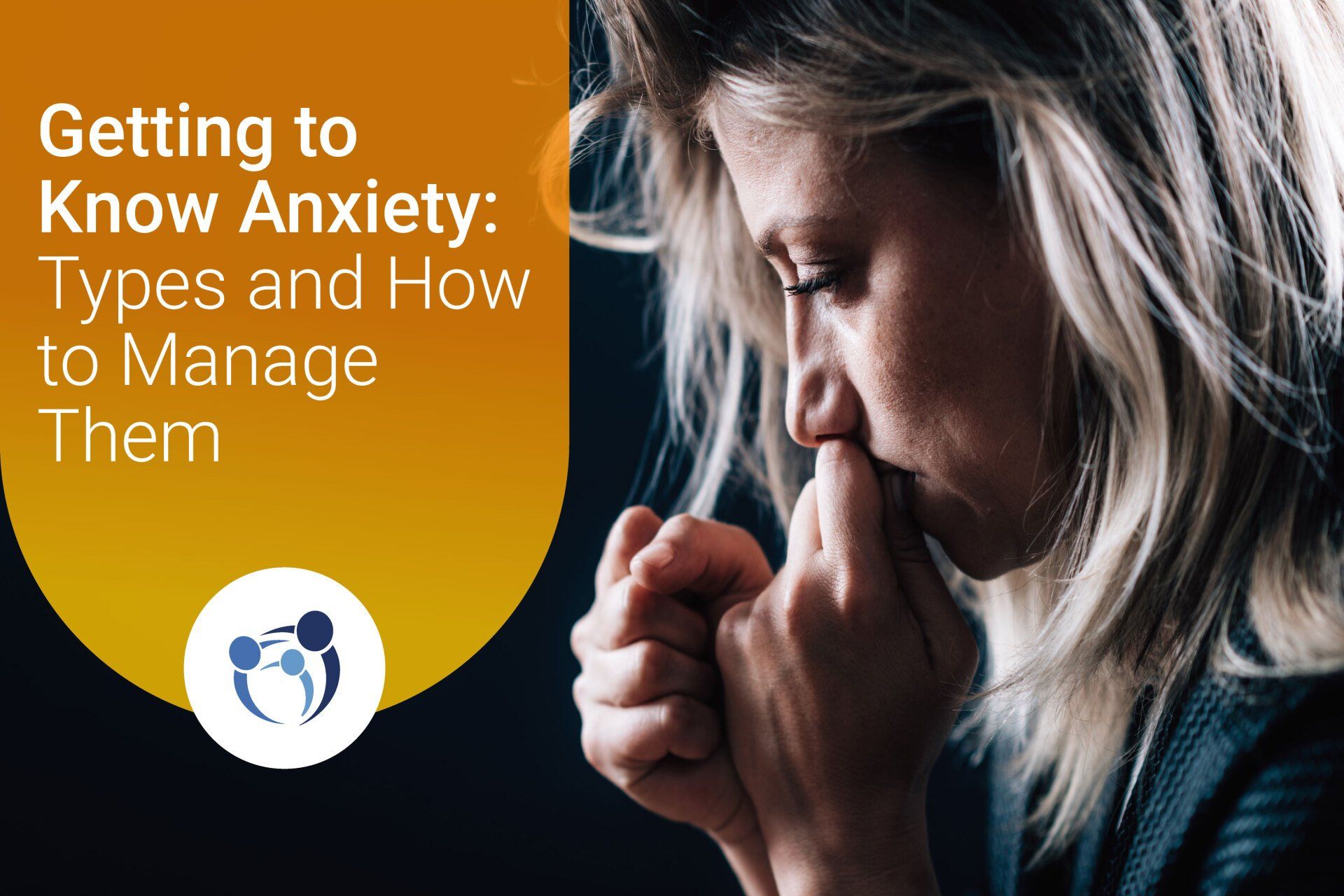Arguments, misunderstandings, and conflicts are inevitable in relationships. Constant conflicts, however, can wear you out - or even lead you to question whether you're even compatible in the first place. Fights and bickering over the same issue are not healthy either. According to psychologists, couples can still disagree and fight while still showing respect for each other. Healthy arguments can even bring you closer. It might take time and a lot of effort but it's never impossible.
So, why do bad fights in relationships happen?
In a long-term relationship, fighting may become a routine. Being together for years makes you and your partner more comfortable in anything. However, we shouldn’t always tolerate fights in relationships. Each of you has different triggers, coping mechanisms, and emotional reactions. These reasons can often lead to disagreements between couples, which can escalate into bad fights.
Meanwhile,
research shows that arguing more than once a week can be beneficial for maintaining a healthy relationship. Rather than viewing argument as a bad thing, experts say it can be a way to know your partner better and work something out. It may be hard to look at it that way when you're mad and drowning in frustration. That's why, if you want the relationship to last, you need to learn to endure and overcome struggles.
What to say after an argument?
Finding the right words to speak to your partner after a heated debate isn't easy. Maybe we can start by saying, "I'm sorry." It is always appropriate to apologize when you have hurt someone. Apologizing opens the door to communication and allows reconnecting after a fight. It also lets you express regret for hurting your partner's feelings, which makes them know that you care for them.
How to Stop Fighting With Your Mate?
The key to avoiding arguments in a relationship is to turn them into productive conversations instead. Strengthen your bond as a couple and find out how to fix a relationship after a fight with these helpful tips:
1.Take some time to calm yourself.
After an argument, you may still have frustrations left behind. Relax and take some time to process your feelings, whether you are angry at your partner or the environment in which the argument took place. Another thing is, we feel more rational and regretful after a fight ends. An intense reaction to someone often indicates deeper issues. Even a single word or a glance from our partner can stir up old, detrimental feelings that make us angry, ashamed, or defensive. As a result, we respond in ways that don't always fit the situation and even worsen the issue.
When we feel intense, taking a deep breath or just taking a few steps away can help us regain perspective and return to a more sensible state. At the moment, instead of letting our minds wander, we can choose how to respond with more sensitivity to our partners.
2. Don't go overboard.
When you attack a person's character rather than the problem itself, fighting becomes out of control. Conflict can become a full-blown war if both of you are screaming, yelling, and ignoring the real issue. Set some boundaries for when you fight. Try using a respectful voice without first yelling or calling names. Destructive behaviors divert attention away from the issue and create an atmosphere where everyone feels heard or welcomed.
3. Practice reflective listening.
While fighting, we lose sight of the fact that our partner is trying to communicate. Try reflective listening. It is a practical skill for avoiding conflict. You can do this by:
- Trying to repeat what you hear and say it back: A simple statement like "I sense you feel hurt when I speak over you" can be validating when your partner is still upset.
- Understanding their pain: If you disagree with the other person's viewpoint, you can acknowledge their pain by saying, "I'm sorry if I offended you." They will appreciate it, and they can see that you are compassionate.
If your partner blames you for your role in the argument, you need to bear it. Do not engage in defensive behavior.
4. Find the root cause of the issue.
In a calm state, try to uncover what made one of you hot under the collar. Some of these issues may be the root of your argument:
- Jealousy
- Money
- Intimacy
- Time
- Priorities
To avoid future arguments, you need to identify and resolve the underlying issue. It's a great relief to agree to move on once everything appears to be okay.
5. Exercise self-control.
Self-control is essential when you accuse your partner or get caught up in negative thinking. Whenever negative emotions start to emerge, try to control them. Be mindful of when you have negative thoughts, what triggers them, and how you deal with them.
6. Embrace your differences.
For some people, some things may be difficult to accept or agree on certain things. Learning to accept each other's differences is crucial in a relationship. By explaining why and how you hold these individual differences, you can start to communicate more effectively. There is no way to change the way things are, and that's fine.
7. Take a moment to remember that your relationship is worth saving.
When everything seems to go wrong, remember why you chose that person in the first place. Why did you do things to impress them? Of course, we are referring to hand-holding, long drives, and romantic date nights. Imagine the rapture inside you and the urge to cling to your partner for the whole night. It may seem cliché, but it's the stuff that keeps the romance alive. It will send your mind on a rollercoaster ride of happy emotions. Warm, loving thoughts will help you relax. Learning to stop fighting could be a heart-opener.
We’re here to guide you through the hurdles
Almost every couple goes through hurdles and pins in a relationship. Consider spending time together instead of fighting all the time. Let's apply these steps to your following argument and learn to resolve a conflict in a healthy way.
A Center for Mental Wellness offers
therapy solutions for you and your family.
Contact us today to make an appointment or to learn more about how we can help. #BuildingABetterTomorrow










